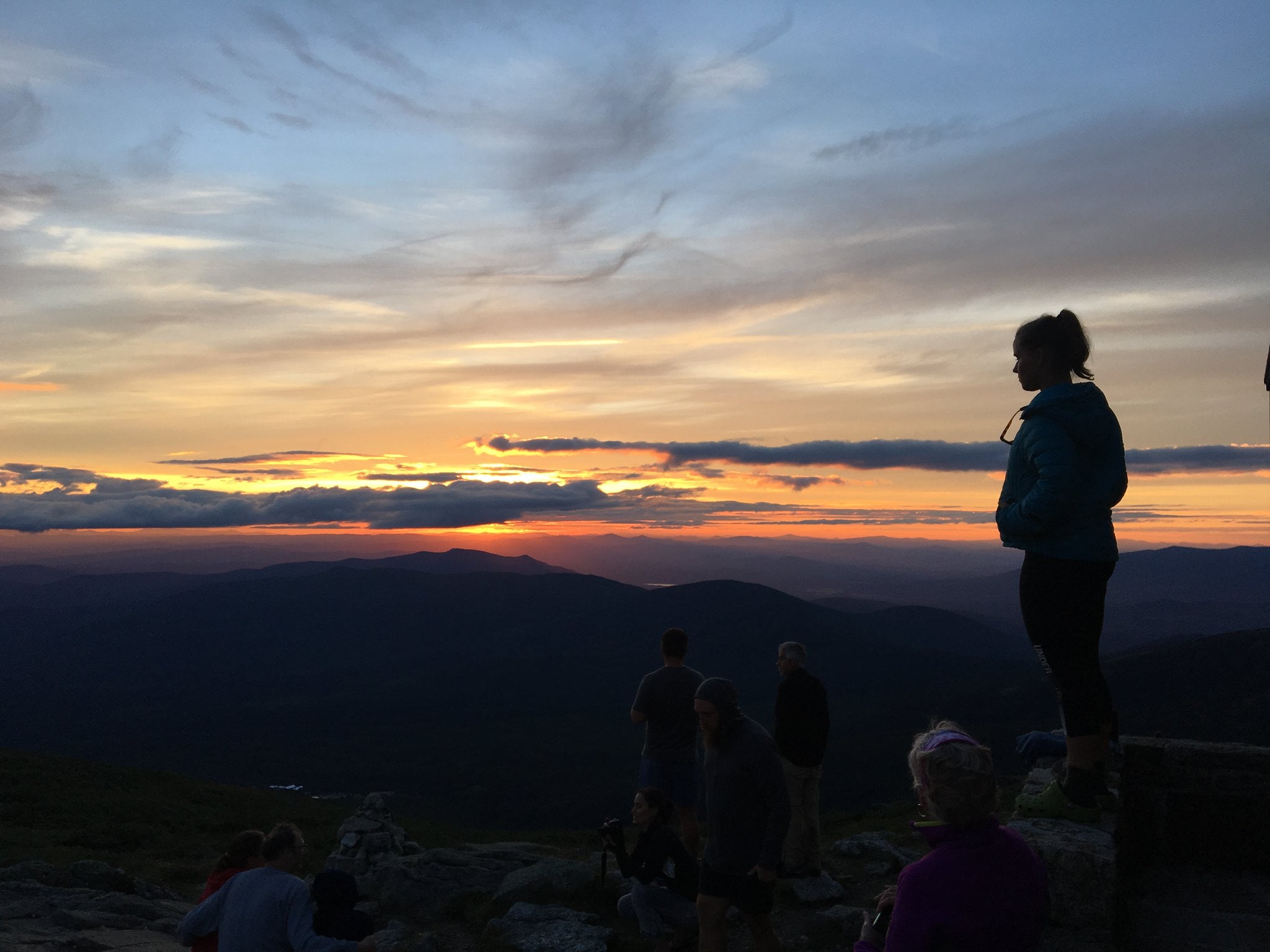Ask a Thru-Hiker: How Do I Deal With My Post-Hike Depression?

'Jonathan Fetterolf'
Do you dream about hitting the trail for a long—really long—hike? In Ask a Thru-Hiker, record-setting long-distance hiker Liz “Snorkel” Thomas answers your burning questions about how to do it. Normally, you’d need to be an Outside+ member to read it, but we’re sharing this column with everyone to give you a taste of what you’re missing. Get Liz’s advice, plus all of Backpacker’s members-only skills coverage, in-depth stories from the trail, destination reports with interactive maps, full-length gear reviews, and more by becoming an Outside+ member today.
Dear Snorkel,
I just finished my first thru-hike and it was the most amazing time of my life. But I feel like now that I’m back home, none of my family or old friends understand me. I spend a lot of time wishing I was back on trail again. I’ve heard other hikers talk about “post-hike depression” or having the “post-hike blues” and think that is what is going on. Do you have any tips to help get over this slump?
Homesick for my Tent
Dear Homesick,
Congrats on finishing your trail and welcome back to “the real world.” As a thru-hiker, I understand what you’re going through. Returning home after months on the trail can be rough for many of us hikers.
Just like seeing a licensed massage therapist after a thru-hike can help address issues your body may be facing, a few sessions with someone trained in talking through issues with folks could be just what you need to get back into the groove of life back from the trail. I should point out that clinical depression, as diagnosed by a professional, is a serious medical condition that can affect anyone, and it’s different from the “post-hike blues” that many of us feel. If you find yourself dealing with persistent symptoms that impede everyday life, it’s time to talk to a therapist or doctor to learn more about what steps you can take. Even if you don’t experience clinical depression, however, it’s normal to feel like you’re on an emotional roller coaster after you’ve completed your walk.
Once a long hike ends, the biological and chemical signals in your body change. On a thru-hike, your body is pumped full of endorphins similar to a “runner’s high.” When we finish our hikes, there’s almost no way to give the body the same level of positive chemicals that it is used to getting after exercising all day. That’s why one of the best tricks that has worked for me is continuing an exercise regimen, ideally, throughout the day.
Next, I believe one of the things that makes thru-hiking long trails so magical is the connections, friendships, and tramily (trail family) that you build along the say. For many of us, thru-hiking is the first time in our lives where we meet other people who have similar values to us. There’s something special about the type of people who choose to walk for months on end in the wilderness and think that experience is fun. Coming back can be a let-down because often, people who aren’t thru-hikers can’t understand what you’ve been through.
This is why I think it’s important to keep in touch with your hiker community. Don’t just “like” other hikers’ social media. Set up Zoom calls with your trail family. Share photos. Mentor someone who is planning to hike the same trail you did in the future. Do what you can to keep up the human connection with hikers. They likely feel the same as you, and can be your support group.
Hikers who have been able to keep busy—preferably with other people—tend to fare better when coping with post-hike blues. Those lucky enough to start a job right after finishing a trail often find their lows aren’t as serious, although some say that it takes longer to process the experience of the hike. Sitting at home being bored can be a particularly harsh downer compared to the epic views and mountaintops of the trail. If you have the ability, look for places where you can volunteer. If you need to stay put, sort your photos, transcribe journal entries, and document your hike.
For many thru-hikers, though, the most satisfying way to get out of the post hike blues is to have something to look forward to. It’s not uncommon for thru-hikers to return from a trail and immediately begin planning their next adventure.
Finally, consider seeking help from a professional therapist even if you’re not clinically depressed. Just like seeing a licensed massage therapist after a thru-hike can help address issues your body may be facing, a few sessions with someone trained in talking through issues with folks could be just what you need to get back into the groove of life back from the trail.
—Snorkel